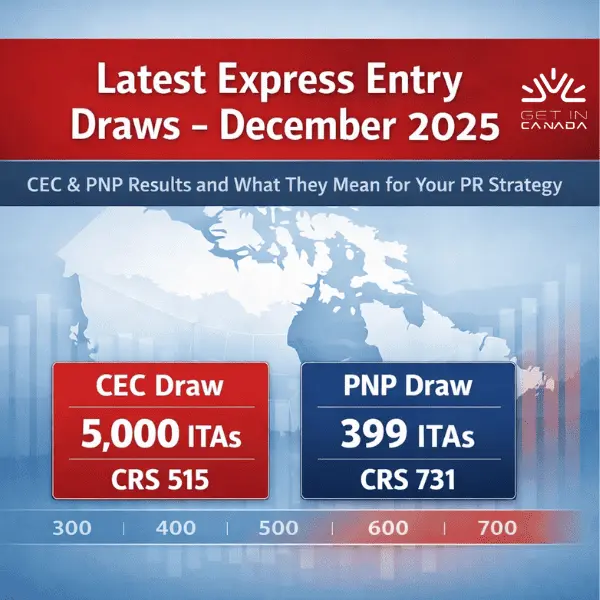Quebec pauses LMIA for low-wage foreign workers
From September 3, Quebec will cease the issuance of LMIAs in Montréal for positions that pay less than CAD 27.47 per hour, that is, the median hourly wage in the province. This suspension arrived at with the consent of the Canadian federal government, is planned to last for 6 months.
Today Quebec Premier François Legault and Immigration Minister Christine Fréchette made the statement. The objective is to regulate the number of temporary residents in the province to get the best out of the TFWP. It refers to people in Canada who do not hold Canadian permanent resident status or citizenship. It includes workers with work permits, students with study permits, persons with tourist visas, and electronic travel authorization (eTA).

General and specific exemptions to the new LMIA processing rules
The recent LMIA processing changes do not affect:
- Jobs in industries or sectors not in the Montréal economic region;
- Jobs that would give wages of more than or equal to the median hourly wage for Quebec, which stands at CAD 27.47;
- Applications for any LMIA made before September 3 of the year 2024;
- Applications from employers in specific industries, including:
- Agriculture
- Construction
- Food Processing
- Education
- Health, and Social Services
The Montréal administrative region encompasses:
- Baie-d’Urfé
- Beaconsfield
- Côte-Saint-Luc
- Dollard-des-Ormeaux
- Dorval
- Hampstead
- Kirkland
- L’Île-Dorval
- Montréal
- Montréal East
- Montréal West
- Mount Royal
- Pointe-Claire
- Sainte-Anne-de-Bellevue
- Senneville
- Westmount
This policy will be observed by the federal government as the government analyzes the Temporary Foreign Worker Program.
Find out if you are eligible to get in Canada →
Recent Concerns Over Canada’s Temporary Foreign Worker Program
The TFWP, or what is referred to as the Temporary Foreign Worker Program in Canada, permits employers to source labour internationally for those specialties that they are unable to fill locally. Such a process can only be supported through a Labour Market Impact Assessment (LMIA).
More recently, however, the program has come under pressure due to commentaries from Canada’s Employment and Immigration Ministers. On August 6, Minister of Employment, Workforce Development, and Official Languages Randy Boissonnault unveiled new measures to strengthen the integrity of the TFWP, particularly the low-wage stream.
Thus, Boissonnault has the opinion that employers might increasingly rely on cheap foreign employees, disturbing plans to hire Canadians, and threatening wages. He said that the ministry may cease even the processing of LMIA for low-wage streams. Immigration Minister Marc Miller has echoed the above concerns in a recent interview with Reuters.
Part of Broader Policy Changes
The changes that have been made to the TFWP in recent times are part of Canada’s general assessment of temporary immigration. In March, Minister Marc Miller provided new directions, while the major ones include a two-year limit for some international students through a Provincial Attestation Letter (PAL) system.
Miller also intends new rules for post-graduate work permits (PGWPs) and more domestic draws for permanent residency for the targeted temporary residents.
Therefore, the suspension of LMIA processing for low-wage foreign workers in Quebec is a step towards ensuring and resolving labour market challenges. This policy which will come into effect on the 3rd of September will ensure medium-term management of present labour demand while promoting higher standards in employment. The effects of these changes will therefore have to be closely observed to get an idea of how the market will be shaped, and how immigration policies will be adopted.











